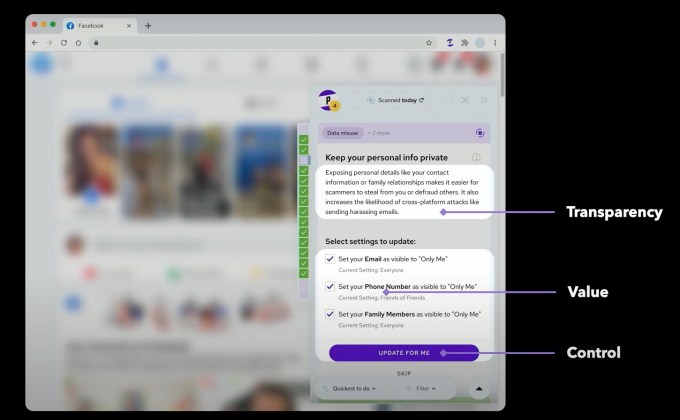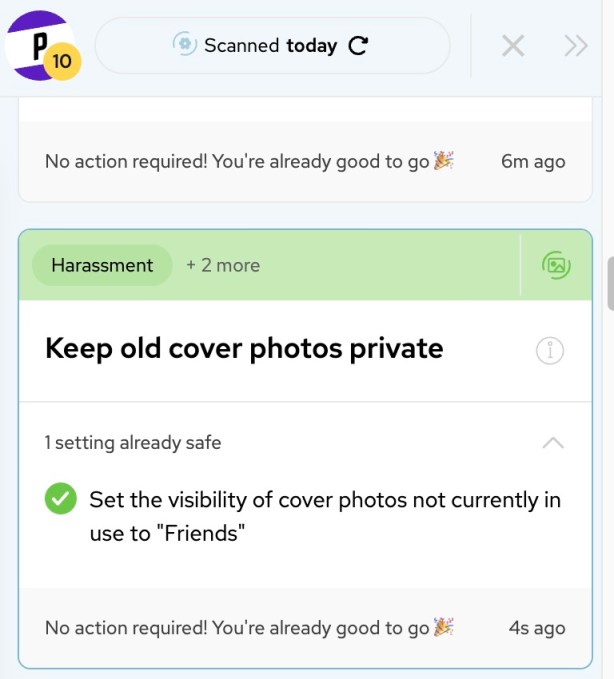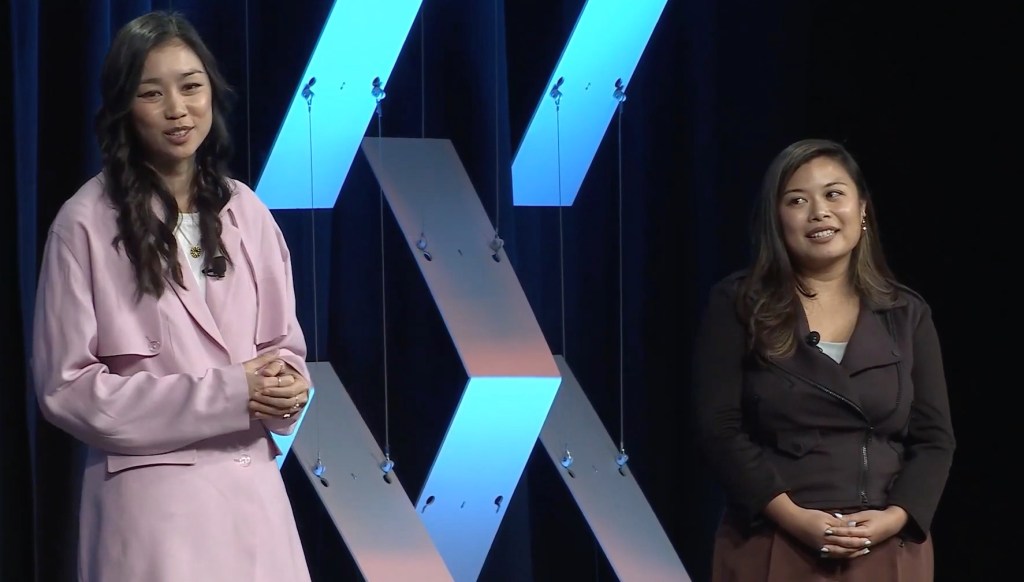Block Party, a startup developed by software engineer and tech diversity advocate Tracy Chou, was among the victims of Twitter’s (now X’s) API changes earlier this year, forcing it to pivot its business. At the SXSW conference in Austin this weekend, Chou presented a glimpse of what Block Party is now up to with its new product, Privacy Party, designed to help people more easily navigate and adjust their privacy settings across social networks like Facebook, Instagram, LinkedIn, Reddit, X and others.
The original version of Block Party was built on top of Twitter’s API to automate the process of blocking bad actors, trolls, harassers and others. The company raised $4.8 million in seed funding in 2022, a year after launch, with the goal of expanding its automated blocking to more platforms.
However, Twitter’s API crackdown meant that Block Party’s ability to operate was immediately impacted. That product, now on hiatus, has since been rebranded Block Party Classic.
Chou touched on the product’s demise at SXSW, saying that the Block Party Classic had allowed Twitter users to filter out “all the spam and harassment from their mentions” and made Twitter more usable and more pleasant without being a full-on content moderation solution (because the content itself remained on Twitter’s platform). Instead, it functioned more like middleware, she said.
“Sadly, Twitter ownership changes also meant we lost access to the API,” Chou explained.
“Regulation that requires open APIs would allow us to bring it back, not subject to the whims of an erratic owner or shifting business trends and priorities. And, in general, it would open up markets and consumer choice for social media experiences across so many platforms,” she added.
Given the unknown future for API regulation, the company is focused on Privacy Party’s development going forward.
Chou said the idea for the new product came from talking to newsroom security teams who wanted more tools to help their journalists stay safe online.
“In addition to getting a lot of harassment, journalists sometimes have to face threats like doxing, stalking, [and] death threats. Personal social media creates a lot of surface areas for vulnerability so the security recommendation is always to lock things down,” she noted.
Other people may simply want to clean up their social profiles to keep old photos and posts from coming back to haunt them or because they were from a different era. For example, college party photos probably shouldn’t pop up for potential employers.
However, going through the security settings on the various platforms is time-consuming, tedious and complicated. The platforms often make their user interface and experience unwieldy, or change the location of settings often, to thwart users from locking down their valuable data or to appease regulators.
Privacy Party will also act like middleware here, allowing users to interact with platforms and services to adjust their privacy settings with fewer clicks.
In one example demoed at SXSW, Block Party’s Head of Product Design Deonne Castaneda explained that it took at least six clicks on Facebook to find the setting to make a single photo album private.
“It was very clear that there was an unmet privacy need for this kind of photo control and protection that saves time and effort,” she said.
The way Privacy Party works is to offer users recommendations for different social media platforms.
In its beta form, the browser extension will customize its recommendations based on users’ current settings. The extension will navigate through Facebook, or another social app, learning about your settings in a scan that runs in the background. You will keep your browser tab open while the scan completes, and then receive an alert when it finishes. (In some cases, the scan may be paused by 2FA needs). Then, you can review your settings — like the content you’re tagged in, or the public nature of your photos and posts, and are given the ability to change the settings to be safer or skip, if you prefer.

The extension also focuses on other areas that could enable bad actors or stalkers, like who can contact you, who can see your activity, what apps have access to your data, who can see personal info like your location or hometown, what older content is available and to who, and more. As you make your changes, Privacy Party’s extension will update the settings on your behalf. It’s like having a privacy expert walk you through the different settings and give you feedback about what needs to be changed and why.
The beta version of Privacy Party works across Facebook, Instagram, LinkedIn, Reddit, Strava, X and Venmo, with scans that take anywhere from just a minute to as long as eight minutes, depending on how many settings need to be locked down. The browser extension is free to use while in beta.

“Each recommendation gives you transparency about what’s happening with your data and relevant potential tradeoffs,” said Castaneda. “They also present controls that you have including an additional level of control that automates finding and fixing privacy settings for you.”
Chou did not say when Privacy Party would exit beta, but it’s free to use for the time being.































Comment